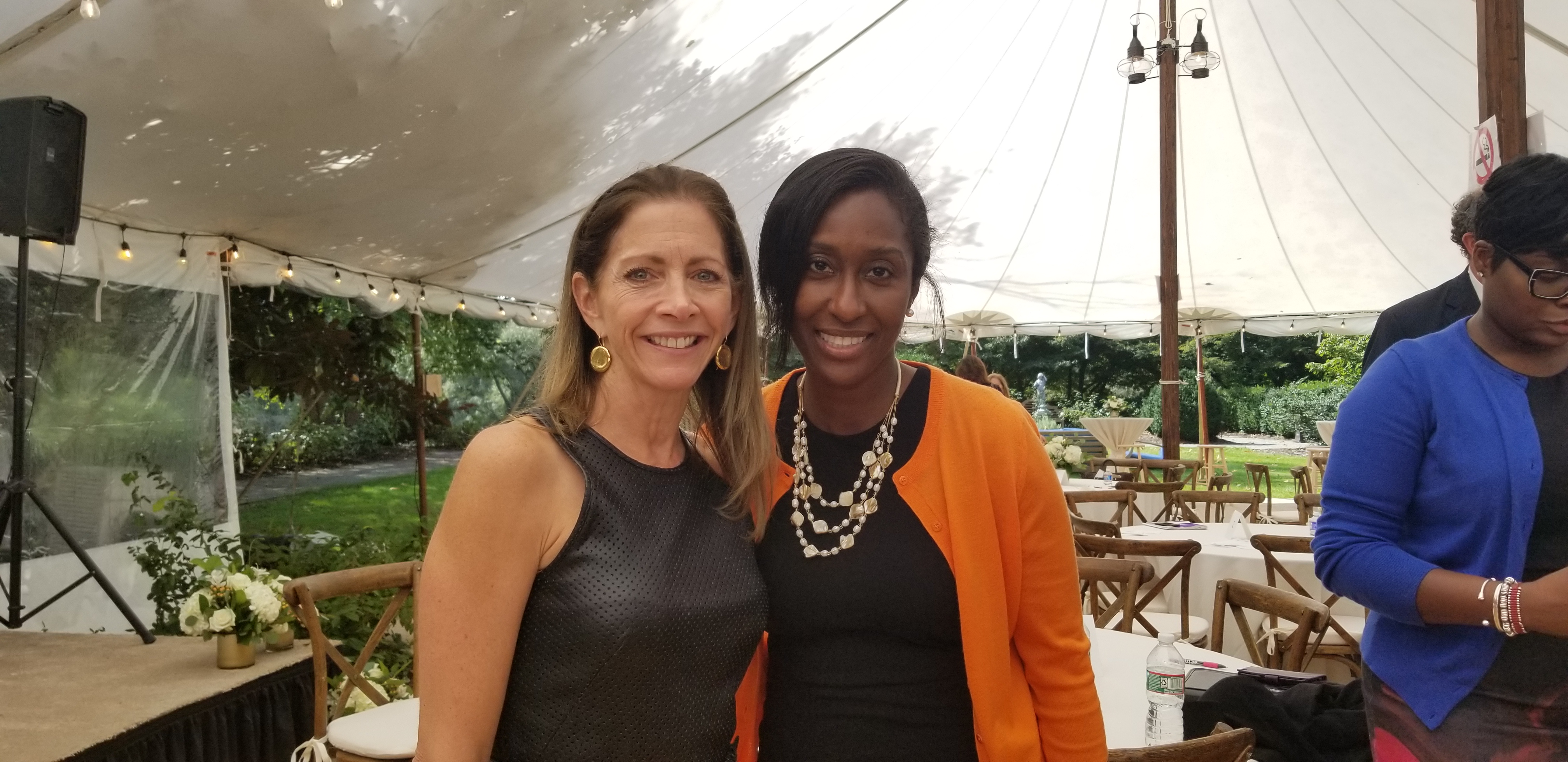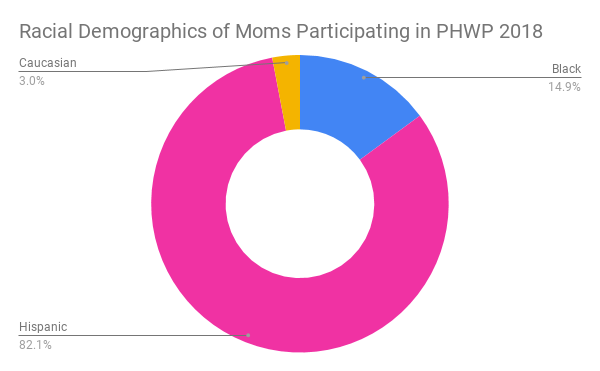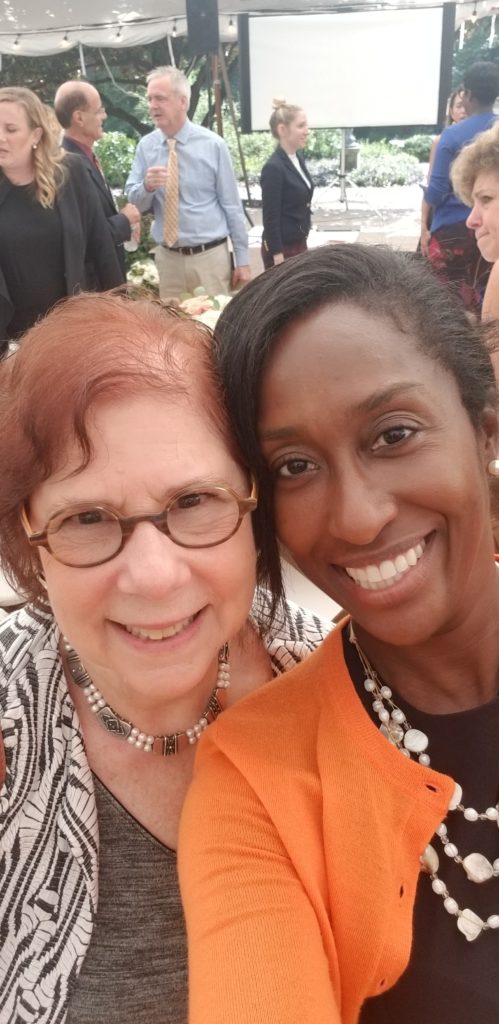New Jersey Black Maternal & Infant Health Leadership Summit

Invitation from the Office of the Governor
New mothers in New Jersey are dying on average at a faster rate than the rest of the nation. For mothers and babies of color, the issue is even more dire as New Jersey has the widest racial disparity in the country ….
We will use our time efficiently pairing unlikely partners—legislators, providers, cabinet officials, non-profits, foundations, healthcare systems, etc.—to tackle some of the most pressing issues. It is my hope that through a working group discussion we together are able to start identifying short, medium and long-term solutions.

KinderSmile Perinatal Health & Wellness Program welcomes uninsured moms of all races to receive oral health education and dental services. 67 women are currently served by PHWP as of 10/05/18.
Arriving at Drumthwacket, the Governor’s Mansion

I entered the Governor’s mansion on October 4th with data, objectives, and questions in hand. There were many familiar faces during breakfast, including the Executive Director of the Healthcare Foundation of New Jersey, Marsha Atkind (pictured at left), who has been an advocate for improving health outcomes for underserved families for decades. HFNJ has sponsored 150 uninsured moms to receive oral health education and free dental care through the Perinatal Health & Wellness Program, and Marsha herself referred First Lady Murphy to visit KinderSmile Foundation over the summer … all leading to my arrival at Drumthwacket!
There were more than 120 attendees of the leadership summit, including representatives from Horizon, Wellcare, and Amerigroup health plans; community organizations; health care providers; politicians and legislators. The diverse group of leaders came prepared to brainstorm, establish partnerships, and build new collaborations that could break down the barriers of access to health care—and ultimately save the lives of “vulnerable” black mothers and their babies. It was time to get to work!
Outcomes of the Group Discussion
With so many leaders of different functions from across the entire state, we were able to name some actionable items for addressing the racial gap in black maternal & infant health of New Jersey. Here are the top ten suggestions of the summit:
- Identify that institutional racism does exist, and there is racial bias against poor, black mothers.
- Expand state policy to continue Medicaid-eligibility at least 60 days beyond mothers’ date of delivery.
- Identify and address the unique barriers which black mothers face in accessing health care.
- Fund more grassroots organizations and “boots on the ground” programs.
- Share data between providers and family-service programs.
- Screen for recent pregnancy in the pre-assessment/intake at federally-qualified health centers (FQHCs), hospitals and other medical programs.
- Explore how to identify and assist undocumented mothers.
- Integrate mental health and oral health programs as an important piece of total health & wellness.
- Leverage existing resources through re-branding and increased marketing.
- Use community health workers as messengers.
I look forward to sharing these suggestions with other health-equity stakeholders on the state and local-levels. My service as the President of the Essex County Dental Society and on the boards of ACNJ (Advocates for Children of New Jersey), The Montclair Branch NAACP (National Association for the Advancement of Colored People), and the Medicaid and Oral Health 2025 advisory committees for New Jersey Department of Health afford me the opportunity to continue this conversation around black maternal & infant health and oral health equity. There is much work to be done, but we can do it with partnership! You know what I always say … #ItTakesAVillage💙
